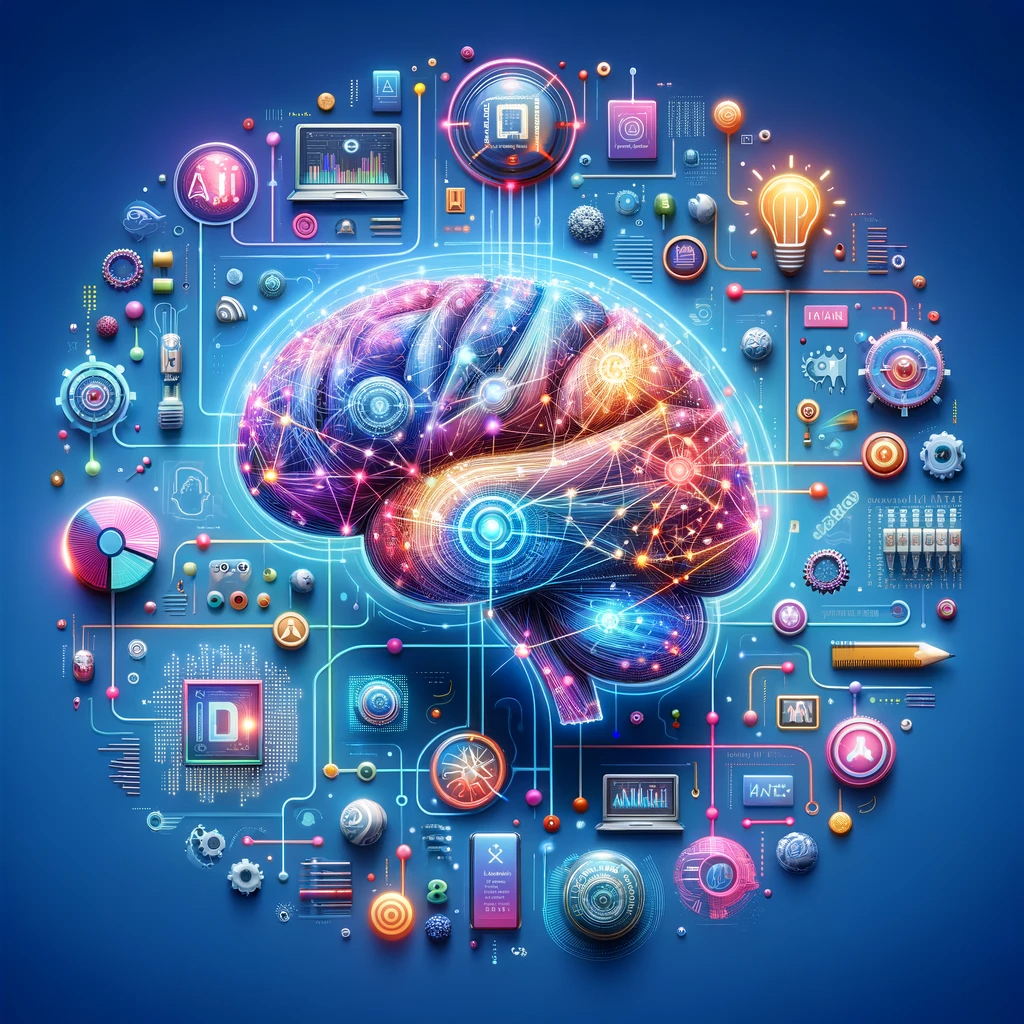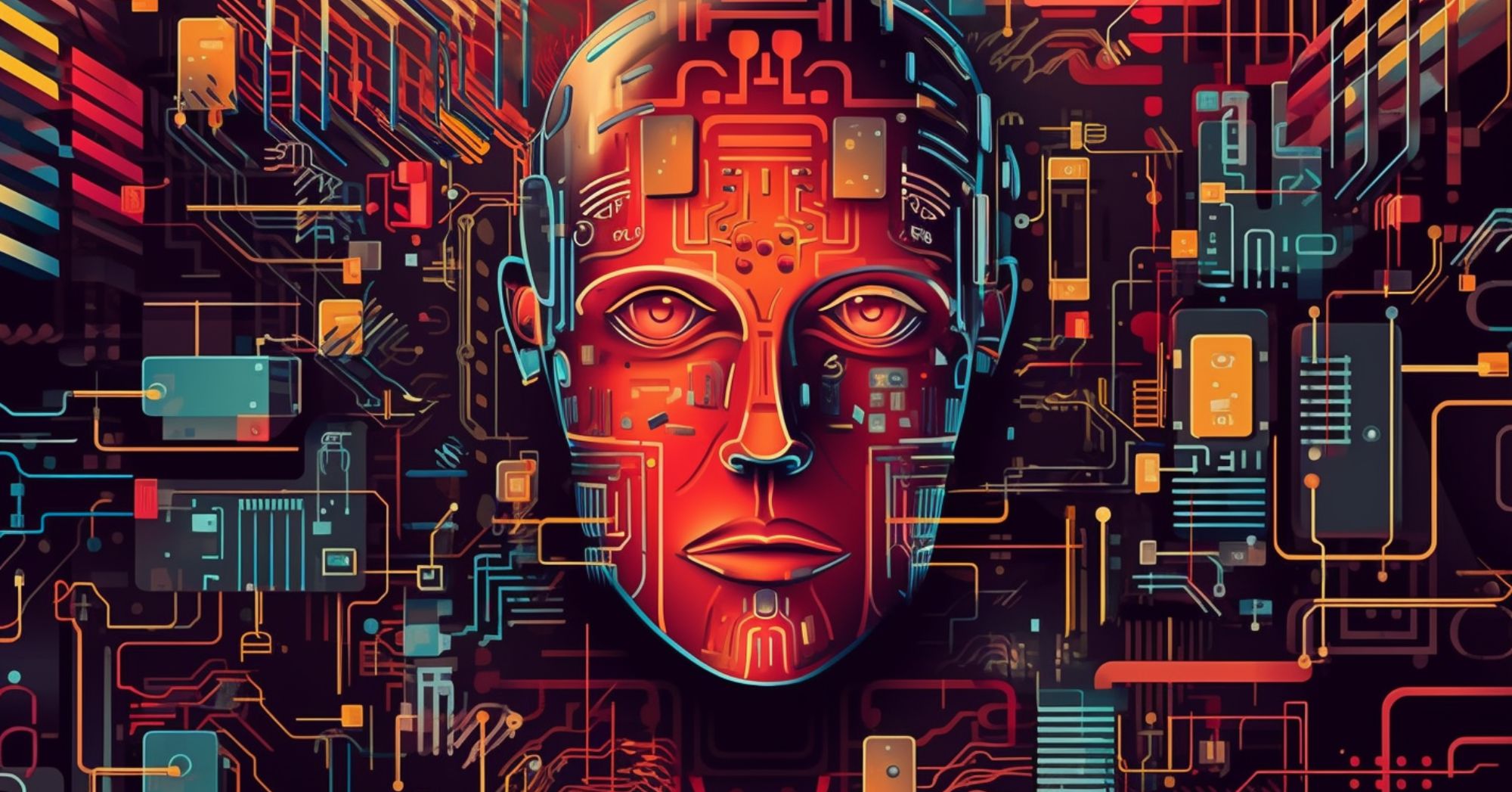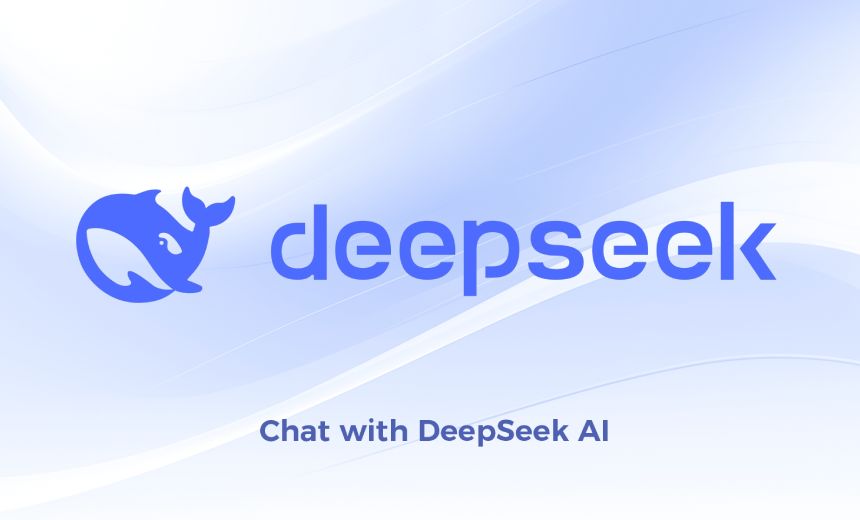Technology is changing our world at an amazing pace! Its sweeping modifications can be discovered all over and they can be described as both thrilling, and at the same time frightening. Although individuals in lots of parts of the world are still trying to come to terms with earlier technological revolutions in addition to their sweeping social and academic implications - which are still unfolding, they have actually been woken up to the truth of yet another digital transformation - the AI transformation.
Artificial Intelligence (AI) technology refers to the capability of a digital computer or computer-controlled robotic to carry out tasks that would otherwise have been performed by humans. AI systems are created to have the intellectual procedures that characterize people, such as the ability to reason, discover significance, generalize or find out from previous experience. With AI innovation, large amounts of details and text can be processed far beyond any human capability. AI can also be utilized to produce a huge range of new content.
In the field of Education, AI innovation comes with the possible to make it possible for new types of mentor, learning and educational management. It can also boost learning experiences and assistance instructor jobs. However, despite its positive capacity, AI also postures significant risks to students, the teaching neighborhood, education systems and society at large.
What are some of these dangers? AI can reduce teaching and discovering processes to estimations and automated jobs in manner ins which devalue the role and influence of teachers and deteriorate their relationships with students. It can narrow education to just that which AI can process, design and deliver. AI can also worsen the around the world lack of certified instructors through disproportionate costs on technology at the expenditure of investment in human capacity development.

The use of AI in education also creates some fundamental questions about the capability of instructors to act purposefully and constructively in identifying how and when to make judicious usage of this innovation in an effort to direct their expert growth, find options to challenges they deal with and improve their practice. Such basic questions consist of:
· What will be the role of instructors if AI innovation become extensively carried out in the field of education?
· What will evaluations look like?
· In a world where generative AI systems seem to be developing new abilities by the month, what skills, outlooks and competencies should our education system cultivate?
· What modifications will be needed in schools and beyond to help trainees strategy and direct their future in a world where human intelligence and machine intelligence would appear to have become ever more closely linked - one supporting the other and vice versa?

· What then would be the function or role of education in a world controlled by Artificial Intelligence technology where humans will not necessarily be the ones opening brand-new frontiers of understanding and knowledge?

All these and more are intimidating concerns. They force us to seriously think about the issues that occur relating to the implementation of AI technology in the field of education. We can no longer simply ask: 'How do we prepare for an AI world?' We must go deeper: 'What should a world with AI appear like?' 'What functions should this powerful innovation play?' 'On whose terms?' 'Who chooses?'

Teachers are the main users of AI in education, and they are expected to be the designers and facilitators of students' learning with AI, the guardians of safe and ethical practice across AI-rich instructional environments, and to function as function designs for lifelong learning about AI. To assume these responsibilities, instructors require to be supported to develop their capabilities to take advantage of the prospective advantages of AI while reducing its threats in education settings and wider society.

AI tools should never ever be created to change the genuine accountability of teachers in education. Teachers ought to remain liable for pedagogical choices in using AI in teaching and in facilitating its uses by trainees. For instructors to be liable at the practical level, a pre-condition is that policymakers, teacher education organizations and schools assume obligation for preparing and supporting instructors in the correct use of AI. When introducing AI in education, legal defenses need to likewise be established to protect teachers' rights, and long-term monetary dedications need to be made to guarantee inclusive gain access to by teachers to technological environments and standard AI tools as important resources for adjusting to the AI era.

A human-centered technique to AI in education is critical - a method that promotes key ethical and
practical concepts to assist regulate and direct practices of all stakeholders throughout the entire life cycle of AI systems. Education, given its function to protect as well as help with development and forum.pinoo.com.tr learning, has an unique responsibility to be totally familiar with and responsive to the dangers of AI - both the known dangers and those only just appearing. But frequently the dangers are neglected. Making use of AI in education for that reason needs careful consideration, including an assessment of the evolving roles instructors require to play and the proficiencies required of instructors to make ethical and efficient use of Artificial Intelligence (AI) Technology.
While AI provides chances to support instructors in both mentor as well as in the management of finding out processes, meaningful interactions in between teachers and students and human growing ought to stay at the center of the educational experience. Teachers must not and visualchemy.gallery can not be replaced by technology - it is vital to secure instructors' rights and ensure sufficient working conditions for scientific-programs.science them in the context of the growing use of AI in the education system, in the office and in society at big.



